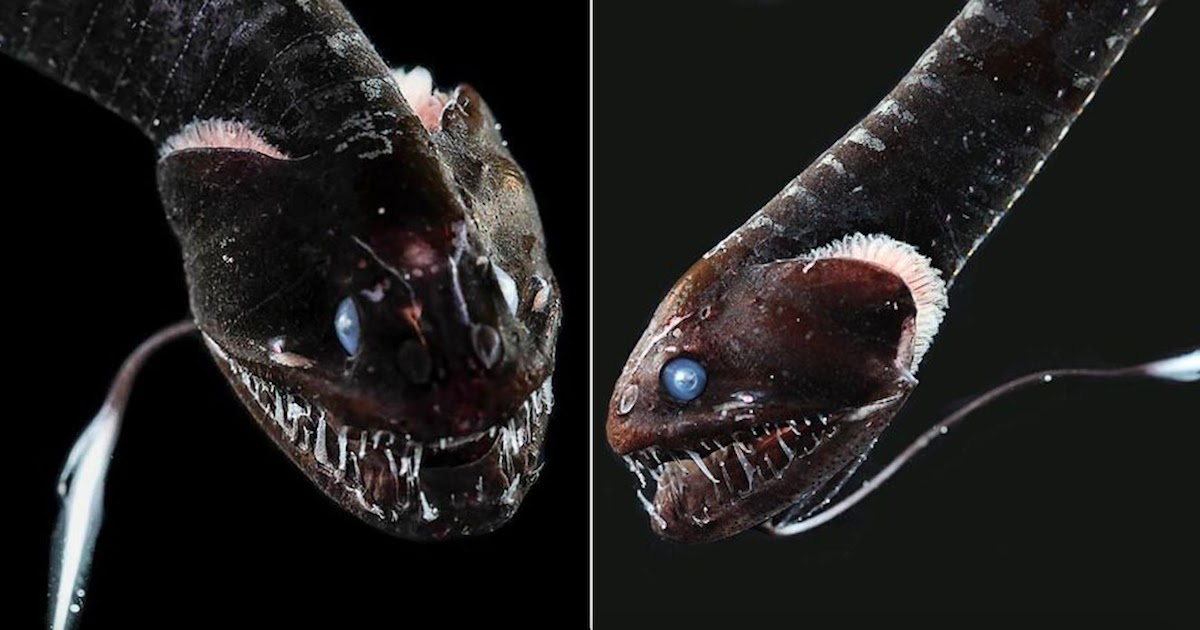
A team of marine biologists have managed to examine 16 species of deep-water fish that absorb 99.9% of sunlight.
The fish with 'ultra-black' skin have evolved to live in the depths of the ocean and avoid their prey, noticing them through the evolutionary adaptation.
The fish were all caught using deep water nets and the findings were published in Current Biology. The nets were placed 200 metres down near California's Monterey Bay, at which distance from the surface the light from the surface is almost non-existent. Sea-life that live at these depths tend to use bioluminescence to produce their own light through chemical reactions in their bodies.
It is in order to avoid the bioluminescence of other sea creatures that the ultra-black skin has evolved.
The researchers only realised the fish were ultra-black when they attempted to take photographs of them. Marine biologist Karen Osborn, who was part of the research, and co-authored the paper, said:
"I had tried to take pictures of deep-sea fish before and got nothing but these really horrible pictures, where you can't see any detail. How is it that I can shine two strobe lights at them and all that light just disappears?"
"But what isn't absorbed side-scatters into the layer, and it's absorbed by the neighboring pigments that are all packed right up close to it. And so what they've done is create this super-efficient, very-little-material system where they can basically build a light trap with just the pigment particles and nothing else."
After carrying out an in-depth study of the fish, it was discovered that they have a layer of organelles called melanosomes, which contains melanin, under their skin. This layer of organelles then absorbs almost all light from the outside world.
Researchers believe that the fish that use ultra-black skin did not emerge from a single ancestor but evolved the same method of survival independently, allowing them to thrive and hunt prey easily.
[h/t: Big Think]













COMMENTS